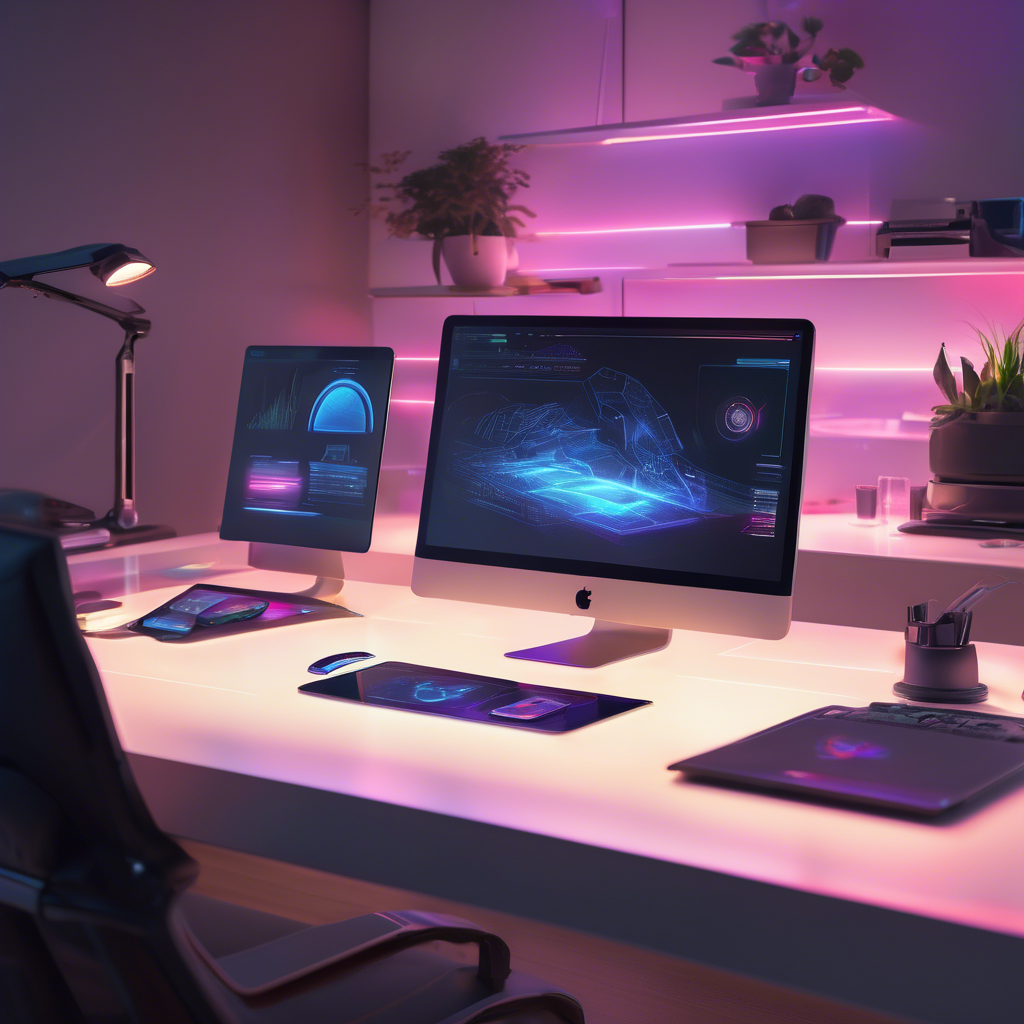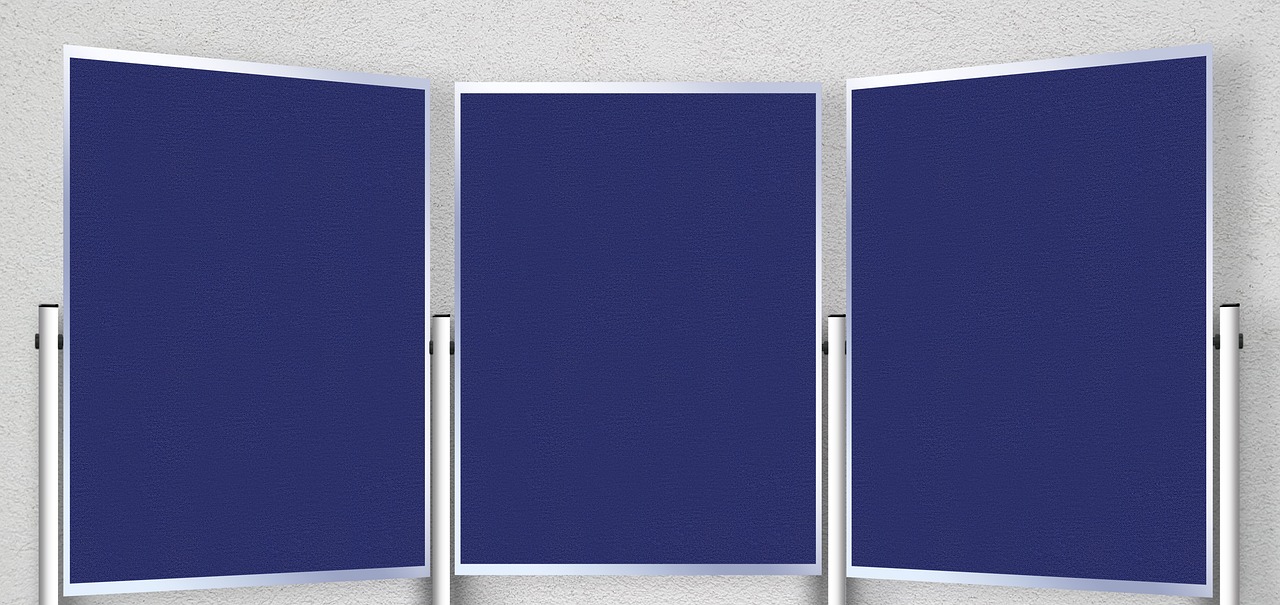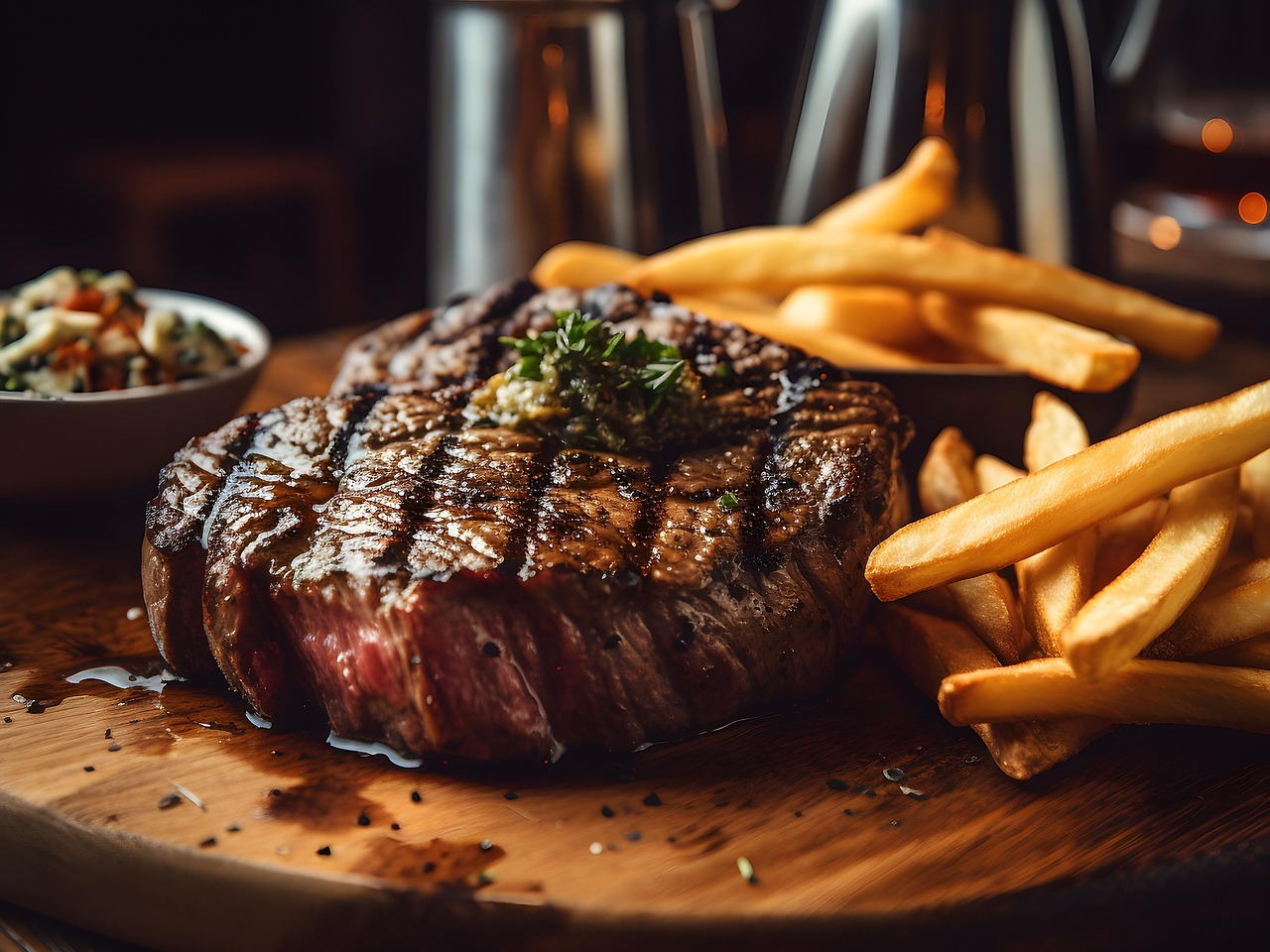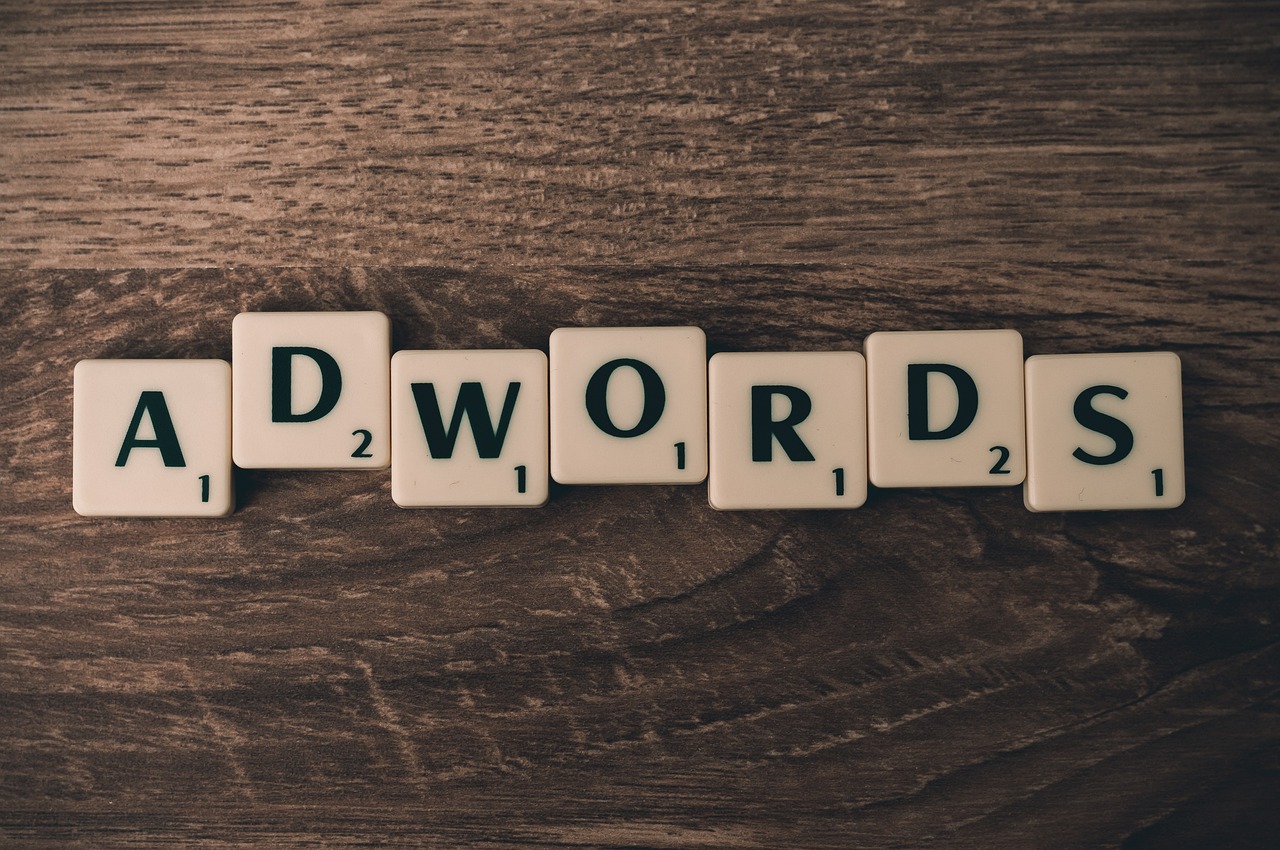AI Revolution in Hollywood: Asteria Film Co. and the Future of Filmmaking

Brief news summary
Asteria Film Co., an AI-driven studio in Los Angeles co-founded by Bryn Mooser and Natasha Lyonne, is pioneering ethical AI filmmaking by using models trained exclusively on licensed content. Amid Hollywood’s economic struggles and decline in traditional production, studios increasingly turn to AI to reduce costs and streamline workflows, despite legal and union concerns. Leading tech firms like Runway, Google, and OpenAI develop generative video tools, sparking artist fears about job security and unregulated AI use. Currently, AI mainly aids editing and visual effects, with many innovations kept secret. Runway’s Cristóbal Valenzuela foresees AI lowering blockbuster expenses and fostering creative partnerships, exemplified by work with Lionsgate. Asteria aims to merge traditional filmmaking artistry with AI while safeguarding creators’ rights and democratizing production. Co-founder Natasha Lyonne champions artist-led AI adoption to maintain creative integrity amid rapid technological change. Despite worries over mass AI-generated content, industry leaders emphasize responsible AI use to balance innovation and tradition in Hollywood’s shifting landscape.This article, featured in New York’s One Great Story newsletter, explores the burgeoning role of AI in Hollywood, focusing on Asteria Film Co. , a new AI studio founded by entrepreneur Bryn Mooser and actress Natasha Lyonne. At a launch event in East Los Angeles, Mooser—seen as a charismatic tech visionary—showed the historic studio space and emphasized AI’s place in Hollywood’s tradition of technological innovation, likening Asteria to pioneers like Walt Disney and George Lucas. Inside the studio, Lyonne viewed unsettling AI-generated clips. Despite skepticism toward AI’s artistic potential, she embraces engagement over denial, noting that many in Hollywood use AI surreptitiously. Many attendees, including close collaborators like directors Janicza Bravo and actresses Clea DuVall and Tessa Thompson, echoed the sentiment that AI’s integration is inevitable. Industry insiders revealed widespread but discreet AI use; for example, CAA launched a project to digitally capture client likenesses, though public discussion remains limited due to fears of union backlash. Hollywood is amid what some call an existential crisis—fewer films are made, audiences shrink, and layoffs mount. AI offers both a lifeline and a threat, able to generate scripts, footage, soundtracks, and digital actors. The use of copyrighted material without consent in training AI models has sparked legal battles, with unions negotiating protections such as barring AI-written scripts and unauthorized digital likenesses. However, studios are permitted to use AI-generated content under certain conditions, sparking a complex legal environment underscored by over 35 ongoing copyright lawsuits. Despite uncertainties, all major studios are advancing AI adoption quietly. Besides tech giants like Google and OpenAI, specialized firms like Runway and Asteria are developing filmmaker-focused generative video tools. Asteria promotes ethical AI, training its models solely on licensed content—a contrast to industry norms—and emphasizes collaboration between tech and creatives. Industry leaders including Darren Aronofsky and James Cameron have partnered with AI companies, seeking to reduce production costs and counter declining profitability and theater attendance. Runway, founded in 2018 by Cristóbal Valenzuela, has become widely used in Hollywood primarily by visual effects artists seeking faster workflows. Its valuation recently surpassed that of Lionsgate, which is collaborating with Runway to train AI models on proprietary film libraries and explore transforming existing titles, such as creating anime or younger-audience versions nearly instantly. Lionsgate also sees AI enabling costly scenes—like massive battle shots—to be produced at a fraction of traditional costs. Though only a few productions openly acknowledge AI use, clandestine experimentation proliferates. Professional artists report widespread off-the-record demands to incorporate AI in early creative stages, often without formal consent.
This has led to reduced work and income for many, as producers opt for AI-generated images instead of commissioning artists. The Animation Guild restricts AI use to guarded processes that have yet to be fully invoked, but budget and time pressures tempt early adoption despite concerns about quality and ethics. Industry veterans caution that AI tools, especially in animation, remain imperfect, often delivering subpar results that fail to replicate the nuanced thinking of artists. Some VFX professionals acknowledge quality losses but note that average viewers may not detect them. Many executives talk aspirationally about AI’s future capabilities—whole seasons generated swiftly—though specialists in these meetings feel uneasy about such prospects. Legal conflicts continue as artists sue AI companies like Runway. Defendants argue fair use in training their models, likening individual works to insignificant grains of sand among vast data. Founders place ethical responsibility on users rather than the AI itself. Lyonne stresses the injustice of profiting from stolen creative labor and helped steer Asteria’s focus on building a “clean” AI model trained exclusively on authorized content. Securing investment from notable figures like Vinod Khosla and Hemant Taneja, Mooser enlisted former DeepMind engineers to develop the Marey model, designed to use less data sourced from licensed archives and AI data brokers. While details remain confidential, Asteria has attracted an accomplished team including director Paul Trillo and VFX supervisor Benjamin Lock. Their work blends traditional artistry with AI-generated imagery, as showcased in a music video combining hand-drawn illustrations with AI-expanded assets and 3-D environments. Asteria collaborates quietly with major studios and has projects underway, including an adult animated series and a sci-fi film involving Lyonne. Though Lyonne has struggled to integrate AI in screenwriting, she values its promise for indie filmmakers to reclaim creative control and reduce dependence on traditional funding. She envisions an “artist-first” AI filmmaking ethos akin to the Dogme 95 movement’s minimalist ideals, aiming to resist industry commodification of art. Nonetheless, concerns persist about the concentration of AI power in dominant companies producing endless low-cost content. In a reflective exchange, the late filmmaker David Lynch likened AI tools to pencils—ubiquitous instruments whose value lies in how artists choose to wield them. Lyonne embraces this metaphor, advocating for thoughtful, responsible use amid AI’s fast-changing role in storytelling and the film industry’s future.
Watch video about
AI Revolution in Hollywood: Asteria Film Co. and the Future of Filmmaking
Try our premium solution and start getting clients — at no cost to you

I'm your Content Creator.
Let’s make a post or video and publish it on any social media — ready?
Hot news

AI Video Content Moderation Tools Combat Online H…
Social media platforms are increasingly employing artificial intelligence (AI) to improve their moderation of video content, addressing the surge of videos as a dominant form of online communication.

US revisits its export curbs on AI chips
POLICY REVERSAL: After years of tightening restrictions, the decision to permit sales of Nvidia’s H200 chips to China has sparked objections from some Republicans.

AI was behind over 50,000 layoffs in 2025 — here …
Layoffs driven by artificial intelligence have marked the 2025 job market, with major companies announcing thousands of job cuts attributed to AI advancements.

Perplexity SEO Services Launched – NEWMEDIA.COM L…
RankOS™ Enhances Brand Visibility and Citation on Perplexity AI and Other Answer-Engine Search Platforms Perplexity SEO Agency Services New York, NY, Dec

Eric Schmidt's family office invests in 22 AI sta…
An original version of this article appeared in CNBC's Inside Wealth newsletter, written by Robert Frank, which serves as a weekly resource for high-net-worth investors and consumers.

Future of Marketing Briefing: Why 'just good enou…
Headlines have focused on Disney’s billion-dollar investment in OpenAI and speculated why Disney chose OpenAI over Google, which it is suing over alleged copyright infringement.

Salesforce Data Reveals AI and Agents Drive Recor…
Salesforce has released a detailed report on the 2025 Cyber Week shopping event, analyzing data from over 1.5 billion global shoppers.
AI Company
Launch your AI-powered team to automate Marketing, Sales & Growth

and get clients on autopilot — from social media and search engines. No ads needed
Begin getting your first leads today








